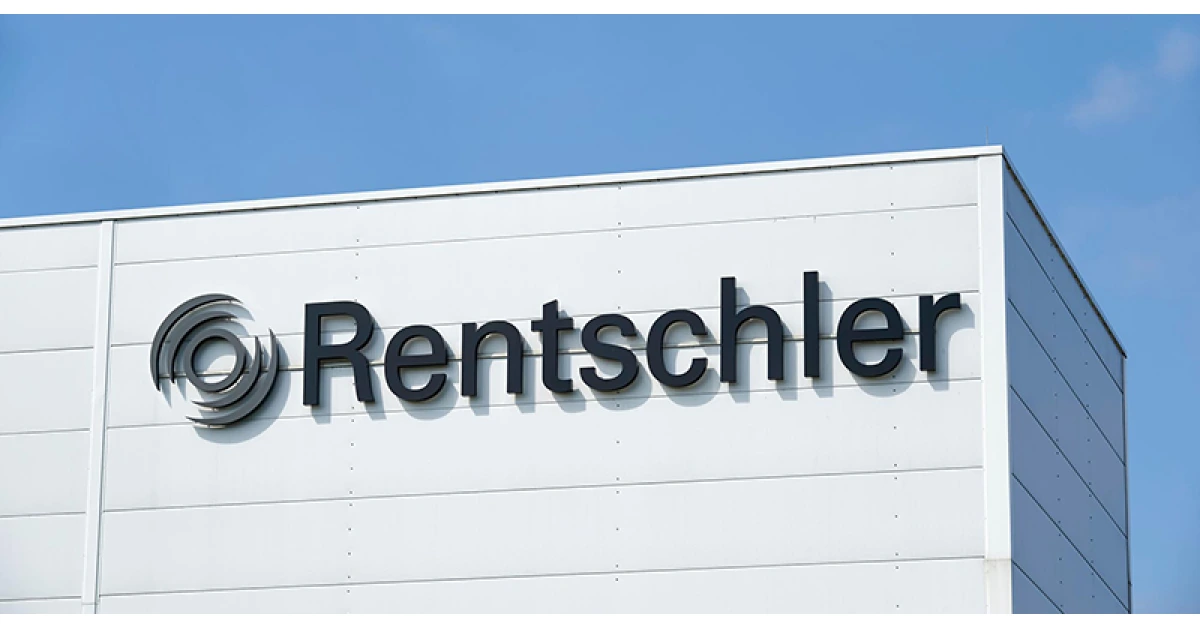
GERMANY – Rentschler Biopharma, a Germany-based contract development and manufacturing organization (CDMO), has announced plans to reduce its cell and gene therapy operations by closing its manufacturing facility in Stevenage, UK.
This decision comes as the company adapts to shifting market conditions and client needs, with a focus on sustainable growth.
Instead, Rentschler will concentrate more resources on biologics, a sector where it sees greater demand and potential value.
The Stevenage facility, launched in 2021, specializes in producing viral vectors for clinical and commercial use. It is part of the Catapult Network, a cell and gene therapy cluster established in 2014 and expanded in 2020.
The site includes a 7,700-square-meter manufacturing plant, analytical laboratories, and skills training spaces.
Additionally, Rentschler leased space in Sycamore House, a nearby laboratory and office building, alongside companies like GSK and Achilles Therapeutics.
The closure is expected to impact the majority of the 30 employees at the Stevenage facility.
A Rentschler spokesperson shared, “While no final decisions have been made, subject to a collective consultation process, the majority of the approximately 30 employees at our UK site will be affected as part of the closure of business operations. Some employees will stay on longer to support the closure process.”
Rentschler’s CEO, Benedikt von Braunmühl, explained that the decision was influenced by slower-than-expected growth in the cell and gene therapy market.
“The cell and gene therapy market has experienced slower-than-expected growth, with demand across the industry not meeting our expectations,” he said.
He added that biologics represents a more promising area for the company, citing greater demand and potential for value growth.
In contrast to the Stevenage facility, Rentschler’s sites in Laupheim, Germany, and Massachusetts, US, have received significant investments.
The Laupheim facility is set to undergo an upgrade and expansion, with construction beginning this year and completion expected by 2028.
Meanwhile, the Massachusetts plant became fully operational in 2024, reflecting Rentschler’s commitment to biologics.
Despite these challenges, Rentschler has emphasized its dedication to supporting employees during this transition.
Von Braunmühl stated, “We are committed to supporting the affected employees by providing resources and assistance during this transition period.”
Rentschler is not alone in scaling back cell and gene therapy operations. In 2022, GSK ended its collaboration with Lyell Immunopharma on T-cell receptor therapy, highlighting the challenges of manufacturing and scalability in this field.
XRP HEALTHCARE L.L.C | License Number: 2312867.01 | Dubai | © Copyright 2025 | All Rights Reserved